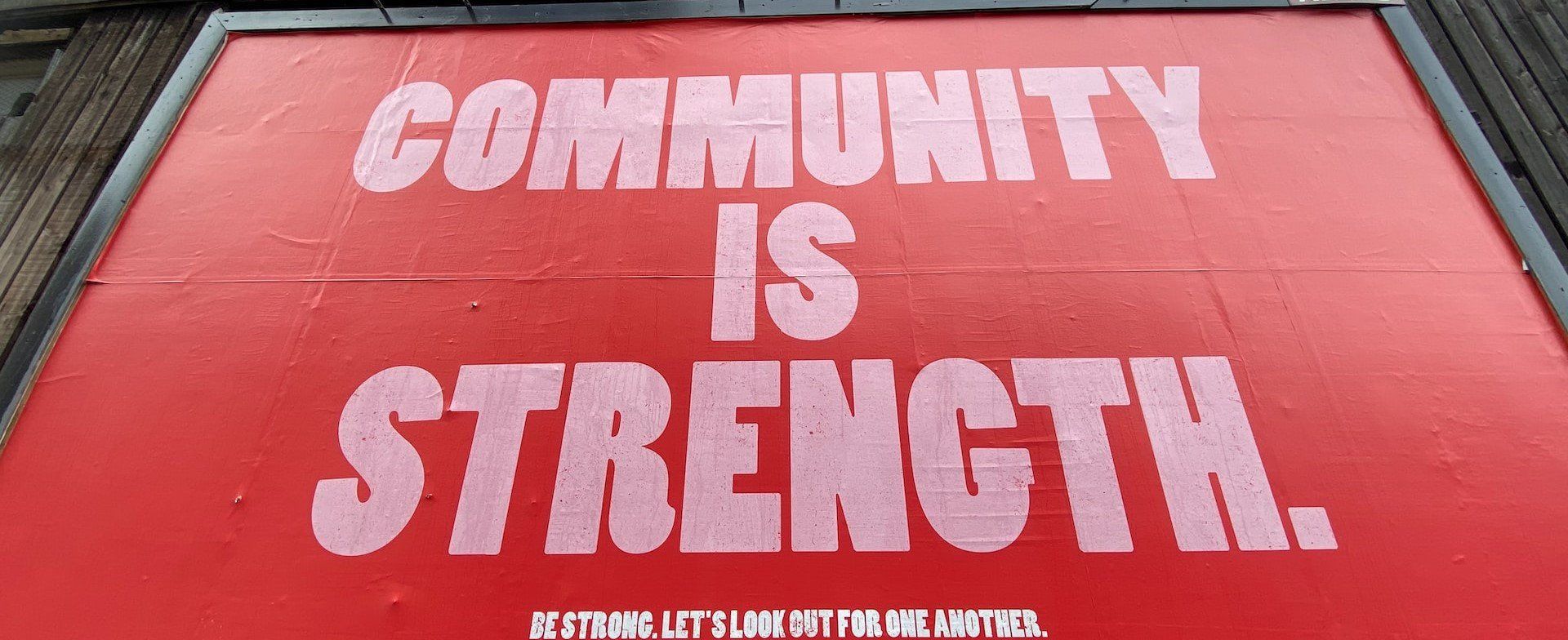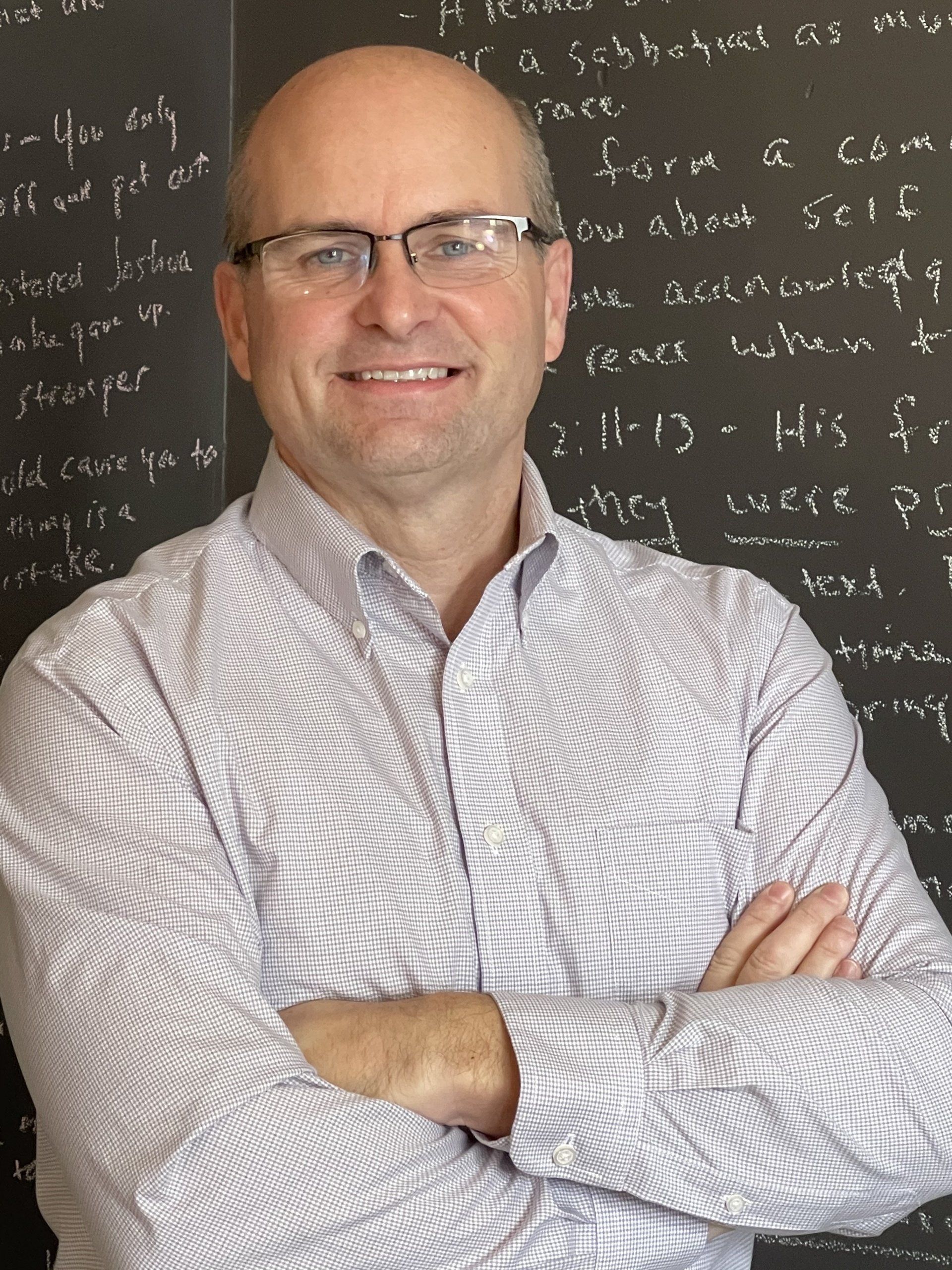Learn more about my book "The Courageous Ask"
Leadership Relationships. What Does It Take?
We are judgmental people. We are our own number one fan. We can always justify the things we do. We always give ourselves a break—the breaks we aren’t willing to give others. We are critical of others when we see ourselves doing the same things.
As Christians, we usually know the scripture or principle, but struggle to apply it. We always think we should receive grace and mercy, but hesitate to give it to others. We want people to draw a line and forgive and forget, but justify why we can’t do the same.
We understand the context of our life, but don’t seek to know the same from others. We want to have friends, but don’t always want to be a friend. We criticize leadership, but balk at the opportunity to become one. We battle when what we really need to do is surrender. The list of relational challenges as part of human nature goes on and on.
This is who we naturally are, but it’s a battle we must fight. And some people do it very well. Although it was difficult to complete the list above and not feel completely cynical, I can think of so many inspiring stories where people have overcome their own human nature and others have profited.
Yes, many of us desire to do great things and impact as many people as possible in helping to improve their lives. I like to think I am part of this group, but wander into the negative side of human nature way too often.
(This blog focuses on starting a conversation centered on preventing the fall of nonprofit leaders. I write it from a Christian perspective, but all leaders will benefit. Be sure to sign up to receive these articles via email every Tuesday at
briankreeger.com as well as taking a look at previous blog articles. In addition to receiving these articles two days before they hit social media, you will receive the article "5 Early Indicators of a Christian Nonprofit Leadership Fall" along with the Contents, Introduction and the Appendix (My story) of my book,
The Courageous Ask: A Proactive Approach to Prevent the Fall of Christian Nonprofit Leaders.)
As leaders, we make it happen. God smiles down on us, and the world is a better place because we are in it. No question.
But there is no denying what I described above, and it all needs to be considered when we are developing relationships in our nonprofits, especially in the boardroom and in the board/CEO relationship.
Every positive story I hear concerning the relationship between a board and leader in a Christian nonprofit starts with both parties humbly recognizing the need for supernatural intervention and the need to consciously battle human nature.
This successful battle against human nature and not just relying on, but consciously allowing God to intervene is an absolute key in the success of a Christian nonprofit.
Beyond the personal human nature battle, please allow me to present one solution that will start us down the right path toward solid relationships in our boardrooms and with our executives.
There’s not enough grace and mercy in the world today. Can I get an amen?
Grace and mercy are not natural human concepts, but they should be for Christians.
Although grace and mercy are widely known and used terms, they have at their core a Christian origin and meaning. Mercy is God not punishing us as our sins deserve, and grace is God blessing us, although we do not deserve it. Mercy is deliverance from judgment. Grace is extending kindness to the unworthy. The goal of every Christian, as part of their manifestation of the Gospel, is to extend to others that which has been extended to them by God.
It’s easy to say, but not so easy to do. The proper application of grace and mercy covers all abrasive parts of human nature concerning interpersonal relationships. Joyce Meyer believes it all starts with grace. In her devotional book Love Out Loud, she writes, “Grace manifests as forgiveness, mercy, strength for our weaknesses, and probably thousands of other ways.”
No one would argue that these attributes of grace are needed more in our world and, if carried out, would make our lives more complete. But somehow, we, in our humanness, miss it.
It doesn’t matter if you step on someone’s foot in line at the grocery store or if you make decisions that bring down a huge nonprofit, the same vitriol can be seen in both situations, no matter the reasons for either. People often spend their days irritated with one another.
And this irritation is not limited to the secular world. We see it in faith-based communities, in churches, in Christian nonprofits, and in our boardrooms. It is apparent in the way we look at our leaders, the ways our leaders look at each other, and the way we look at each other as board members. Sometimes we forget that our faith is supposed to govern the way we look at each other. These form examples of why and how we need to battle human nature in our organizations.
But when we see the proper application of grace and mercy, it really affects us because, unfortunately, it is so rare. We might see it in the actions of a parent who forgives their child one more time. It may inspire us as we watch a couple repair their marriage when it seemed to be too late or even impossible.
There may be tears of love and forgiveness as an alcoholic shares another milestone of their journey of recovery to alienated and disenfranchised friends and family. We may see it through a fallen leader who humbly reconciles with the organization they “failed,” and they are accepted with love.
I am a person who wishes we all had to walk around with a thumb drive containing the completeness of our lives up to that point. From day one, the things that have molded us and made us who we are today, all the great joys of our lives and also our deepest hurts and fears, would be on this thumb drive. All the traumatic events that made us choose a different direction at a particular point in our lives would be found on the drive.
I can just imagine handing that thumb drive to a person when we are in conflict, or when I fall under their judgment. I truly believe that if that person were to stick that drive in their computer and be able to search a few things that are related to the conflict or judgment, I would see a light bulb go off, and the conflict would be over. But we don’t live in that world with that type of access, do we?
If we did, we would see grace, mercy, and compassion grow exponentially. It’s our job and our responsibility to know that the data on the imaginary thumb drive exists.
Grace and mercy, in their proper application, are beautiful things. They’re gifts of God. But sometimes we allow our human nature to stand in the way.
Are you willing to battle your own human nature?
Be Courageous!
Be Proactive!
Be sure to sign up to receive these articles via email every Tuesday at
briankreeger.com. In addition to receiving these articles two days before they hit social media, you will receive the article "5 Early Indicators of a Christian Nonprofit Leadership Fall" along with the Contents, Introduction and the Appendix (My Story) of my book,
The Courageous Ask: A Proactive Approach to Prevent the Fall of Christian Nonprofit Leaders.
#LeadershipFall #LeadershipSurvival #NonprofitRelationships #ProactiveApproach #LeadershipStruggles #LeadershipBattles #ChristianExecutiveLeader #ChristianLeader #CourageousAsk #Proactive #ProactiveLeadership #NonprofitLeadership #Board/CEORelationship #ExecutiveLeadership #LeadershipRelationship






